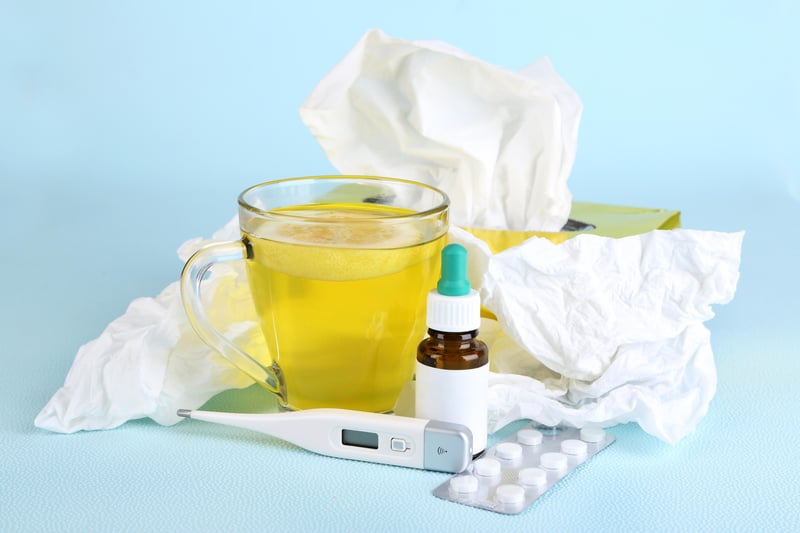Get Healthy!

- Cara Murez
- Posted January 16, 2023
Holiday Gatherings Didn't Trigger Spike in Respiratory Illnesses: CDC
Going into the holiday season, many public health experts feared a "tripledemic"of flu, COVID-19 and RSV cases.
New government data now shows that didn't happen.
Reports of flu-like illness are down for the sixth straight week, the U.S. Centers for Disease Control and Prevention reported Friday.
Respiratory syncytial virus (RSV) case counts have also dropped in recent weeks, CDC data shows.
Case counts vary depending on location, but "it has slowed down, tremendously,"Dr. Jason Newland, a pediatric infectious diseases physician at St. Louis Children's Hospital in Missouri, told the Associated Press.
"It has really eased up, considerably,"Dr. Ethan Wiener, a pediatric ER doctor at the Hassenfeld Children's Hospital at NYU Langone in New York City, told the wire service.
While RSV hospitalization began dropping in November, Newland said he wondered what COVID would do.
Hospitalizations for COVID-19 rose through December, according to the AP, but it's not yet clear whether they then started dropping or kept climbing because of data reporting lags.
Newland noted increased COVID cases at St. Louis Children's in December. Still, when compared to the Omicron wave last year, he said it was nothing like that.
"That was the worst,"Newland said.
While it will be a few weeks before the CDC knows if COVID hospitalizations are dropping, when it comes to other respiratory viruses, "right now, everything continues to decline,"Lynnette Brammer, who leads the CDC's tracking of flu in the United States, told the AP.
During the RSV and flu surge last fall, Wiener said the pediatric emergency department numbers were 50% above normal, "the highest volumes ever"for that time of year, he said.
That spike faded once many of those vulnerable to those viruses became infected, he added.
Brammer said it wasn't clear why holiday travel and gatherings didn't cause a rebound in respiratory infections. Still, 36 states continue to report high or very high flu activity, so a second wave of that virus could still happen.
More information
The U.S. Centers for Disease Control and Prevention has more about the flu.
SOURCE: Associated Press

